Population Health News Roundup: July
IAPHS StaffIAPHS Members in the News
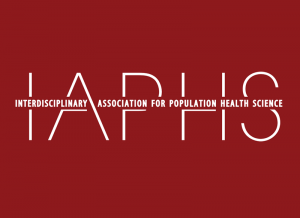 Alison Gemmill, Ralph Catalano, Joan Casey, Deborah Krasek, and Jacqueline Torres in JAMA Network Open and the Washington Post : An increase in pre-term births among Latinas after the 2016 election was found using CDC and Prevention Wonder data. (July 19, 2019)
Alison Gemmill, Ralph Catalano, Joan Casey, Deborah Krasek, and Jacqueline Torres in JAMA Network Open and the Washington Post : An increase in pre-term births among Latinas after the 2016 election was found using CDC and Prevention Wonder data. (July 19, 2019)
Shannon M. Monnat in AJPH and the Lerner Center for Public Health Promotion, Maxwell, Syracuse University: There are four opioid crises in the U.S., not one (prescription, heroin, synthetic, and combinations). Prescription opioid overdoses and those that include synthetic opioids are found more in rural economically disadvantaged counties with the highest rates of opioid prescribing. (June 24, 2019)
Rita Hamad and David H. Rehkopf in PLOS Medicine: Increased education was associated with improved cardiovascular risk factors (such as smoking) but also with higher BMI and total cholesterol. (June 25, 2019)
Fred Zimmerman (IAPHS President) in JAMA Network Open: Health equity has worsened between 1993 and 2017, and more efforts or new approaches are needed. (June 28, 2019)
Pamela Herd in the New York Times: Coverage isn’t the only problem–the bureaucracy, paperwork, multiple options, overwhelm, and confusion add to patients’ burdens. (July 1, 2019)
 Jason M Fletcher in Population Studies: C-section births were found to be related to inflammatory conditions such as food allergy in this quasi-experimental fixed effects research. (July 4, 2019)
Jason M Fletcher in Population Studies: C-section births were found to be related to inflammatory conditions such as food allergy in this quasi-experimental fixed effects research. (July 4, 2019)
Eryn Piper Block, Fred Zimmerman, and Neal Halfon in AJPH: Child development is harmed in crowded neighborhoods or those with long commute times. (October 10, 2018)
Rita Hamad in JAMA Pediatrics: Changes to the WIC food package to include whole grains, produce, and low-fat milk were associated with improved outcomes for moms and babies. (July 1, 2019)
Katherine M. Keyes as co-editor in an AJPH special issue: How to improve population mental health in the 21st century. (June 26, 2019)
Sandro Galea in BMC Public Health: Sandro shares population health research on an under-studied group: Arab Americans. (July 8, 2019)
Disparities
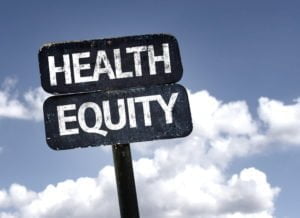 New parents buy more produce, but there’s a disparity: After they became parents, people in this study purchased more fruits and vegetables–but this was not true in households with lower incomes. (Journal of Nutrition Education and Behavior, July-August 2019)
New parents buy more produce, but there’s a disparity: After they became parents, people in this study purchased more fruits and vegetables–but this was not true in households with lower incomes. (Journal of Nutrition Education and Behavior, July-August 2019)
Seniors with guns are at high risk of unintentional injury: A third of older Americans don’t store their guns safely. Screening tools are needed.(KERA News, July 3, 2019)
Sepsis protocol helped, but unequally: New York’s Sepsis Initiative benefited both white and black patients, but hospitals with higher proportions of minority patients experienced less improvement among black patients. (Health Affairs, July 2019)
Place
 It’s not just lead in that water: In Detroit, Legionnaires’ Disease is also claiming lives. (PBS’s Frontline, April 25, 2019)
It’s not just lead in that water: In Detroit, Legionnaires’ Disease is also claiming lives. (PBS’s Frontline, April 25, 2019)
Green space can reduce urban crime…sometimes: Depending on the design, maintenance, and the programs in the park, urban green spaces can improve crime rates. (CityLab, June 26, 2019)
Housing crisis fuels inequality, health disparities: As housing prices rise, health risks (lead in water, pollutants, noise, threat of violence) increase, more so for people of color and people in economically stressed areas. (U.S. News & World Report, July 11, 2019)
How the built environment can ease loneliness: Cities are trying fascinating ways to build connections (The Conversation, November 2018)
Global Health
 China’s health–and death–are evolving: Long-term diseases like stroke, lung cancer, and heart problems are becoming the leading causes of premature death in China, and their health care costs are rising as a result. (Al Jazeera, June 24, 2019)
China’s health–and death–are evolving: Long-term diseases like stroke, lung cancer, and heart problems are becoming the leading causes of premature death in China, and their health care costs are rising as a result. (Al Jazeera, June 24, 2019)
Loneliness is widespread, but disparities exist: Black and Minority Ethnic (BAME) in communities in the UK face greater rates of loneliness and more barriers to getting help. (Al Jazeera, June 19, 2019 citing the Barriers to Belonging Report from the British Red Cross.)
Tech
 An app to diagnose anemia: This app uses fingernail photos to detect hemoglobin levels in people with anemia. (Healio, February 13, 2019)
An app to diagnose anemia: This app uses fingernail photos to detect hemoglobin levels in people with anemia. (Healio, February 13, 2019)
Self-driving cars and population health: If they bring more sprawl and inequality and less transit, self-driving cars may not help population health. (StreetsBlogUSA, July 18, 2019)
Programs & Policy
 Work requirements don’t work: Arkansas’s Medicaid work requirement didn’t increase work, but it did increase the rate of people without health insurance. (NEJM, June 19, 2019) And a federal judge invalidated the CMS approvals for these requirements in Kentucky and Arkansas (Modern Healthcare, March 27, 2019).
Work requirements don’t work: Arkansas’s Medicaid work requirement didn’t increase work, but it did increase the rate of people without health insurance. (NEJM, June 19, 2019) And a federal judge invalidated the CMS approvals for these requirements in Kentucky and Arkansas (Modern Healthcare, March 27, 2019).
Caring for those who care for kids: Child care providers experience greater food insecurity and poorer well-being. Study suggests higher wages may help. (University of Washington School of Public Health, June 11, 2019)
Workouts work after falls: Home-based exercise programs make older adults less likely to have a second fall. (JAMA, June 4, 2019)
Free transit is good for the senior brain: Free bus passes in the UK encouraged improved transit use and cognitive function in older adults. (American Journal of Epidemiology, June 28, 2019)
New public charge rule could harm children of people who are immigrants: Deeming immigrants to be a “public charge” could mean health and nutrition benefits could be lost to children, including many with medical needs such as asthma, epilepsy, disabilities, and cancer. (JAMA Pediatrics, July 1, 2019)

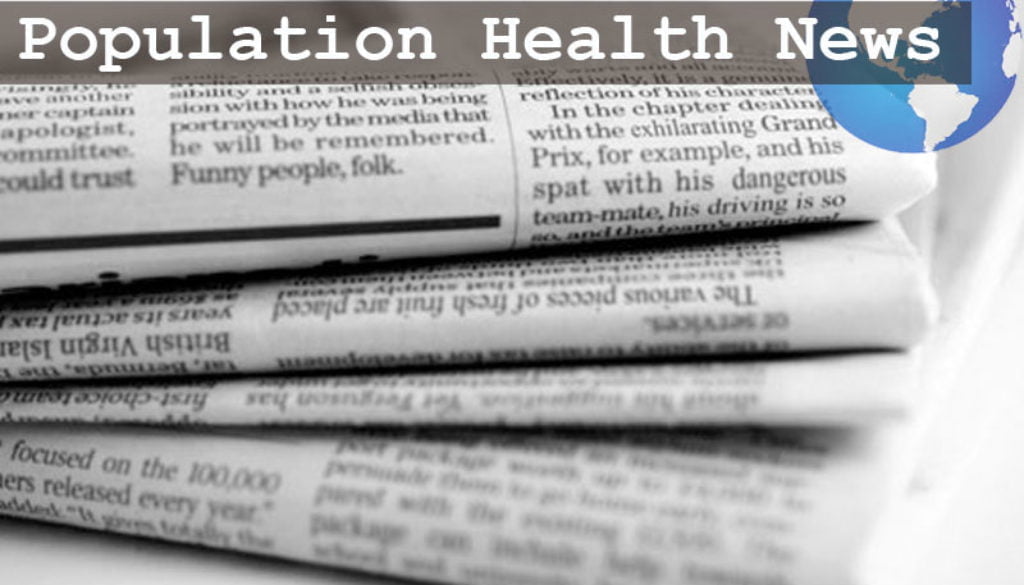
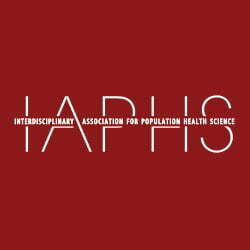

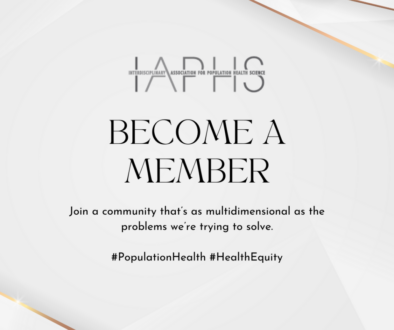
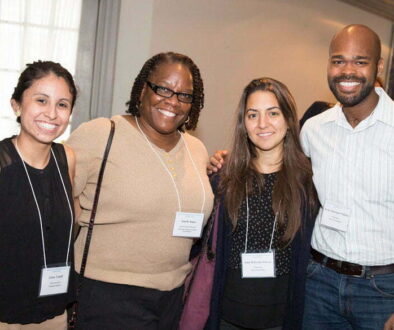
All comments will be reviewed and posted if substantive and of general interest to IAPHS readers.